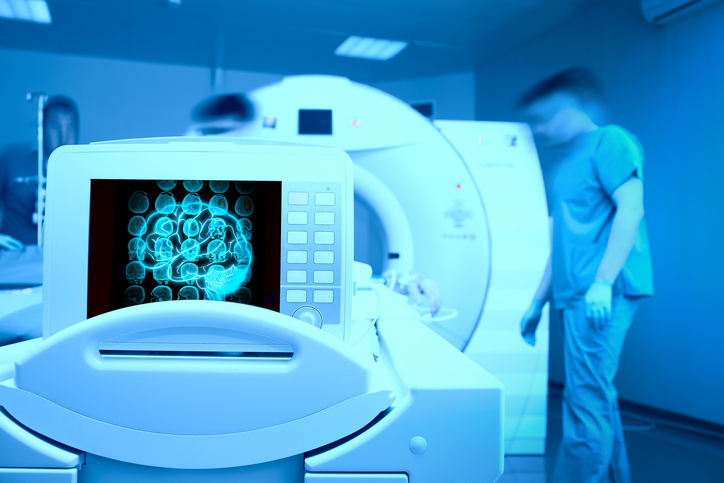Temperature mapping has become increasingly integrated into regular operations for those who produce or handle pharmaceutical products. As of the year 2019, the biopharma industry has been projected to lose around $35 billion annually according to IQVIA Institute for Human Data Science. This number is representative of lost product, clinical trial loss and replacement, wasted logistics, and the costs related to root-cause analysis1.
When medicines are exposed to temperatures outside of their ideal temperature ranges, the chemical properties may be significantly altered. This may impact the quality of the drug, resulting in possible unexpected reactions or tempered effectiveness when administered to a patient. When exposed to extreme heat specifically, it’s not uncommon for a medication’s chemical makeup to completely change. For example, some medications experience a drastic drop in medical potency (dilution) that isn’t necessarily recognized by the patient. In circumstances like a diabetic’s insulin supply, a diluted dosage may be life-threatening. To avoid the consequences of deactivation or altering of medications, pharmacies are recommended to focus on four primary control measures, including packaging, ventilation, circulation, and air conditioning. The focus, in this case, is referring to setting up an efficient risk mitigation plan that is exhaustive of every fathomable liability along the supply chain. In instances where uncontrollable events take place such as a power outage or heat surge, logistics and storage of pharmaceutical supplies are likely to be destroyed if not thought about and planned for before the unforeseen event2.
The temperature mapping or also known as temperature monitoring of pharmaceutical supplies is crucial for both the manufacturer and the patient who’s on the receiving end. With $35 billion lost per year on costs associated with poor maintenance of drug temperatures, proper resources must be delegated to reducing the elevated risk on a large scale. EMMA International is not only of service in operational liabilities brought on by relative negligence of risk but also throughout the entire Quality Management System umbrella from documentation to implementation. Give the EMMA team a call at 248-987-7797 or email info@emmainternational.com for experienced solutions to your QA/RA needs!
[1] Biopharma Cold Chain Logistics Survey report (2019) Failures in temperature-controlled logistics cost biopharma industry billions. Retrieved on 17 August 2021, from: https://www.aircargonews.net/sectors/pharma-logistics/failures-in-temperature-controlled-logistics-cost-biopharma-industry-billions/
[2] SensoScientific (2020) Why Pharmacy Temperature Monitoring Is Important for Medicine Storage. Retrieved on 17 August 2021, from: https://sensoscientific.com/why-pharmacy-temperature-monitoring-is-important-for-medicine-storage/





